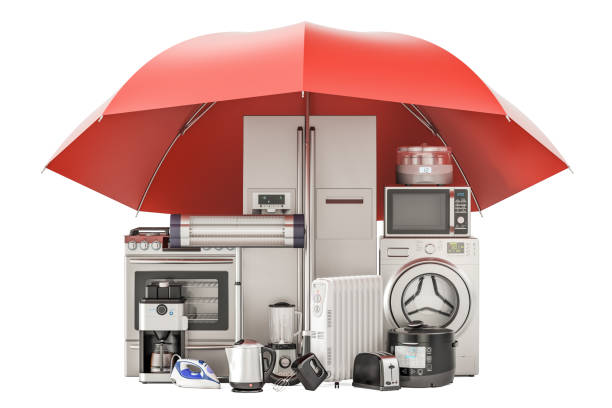
Appliances are significant investments for any household, and protecting that investment is essential. By understanding the importance of maintenance and implementing DIY tips, you can prevent costly repairs and ensure your appliances remain covered under warranty.
Understanding Appliance Warranties
What is an Appliance Warranty?
An appliance warranty is a contract between the manufacturer and the consumer that guarantees repair or replacement of the appliance within a specified period. Warranties typically cover defects in materials or workmanship and vary in duration and coverage depending on the manufacturer and the type of appliance.
Types of Appliance Warranties
There are two primary types of appliance warranties:
Manufacturer’s Warranty:
Provided by the appliance manufacturer and typically covers parts and labor for a limited time, usually one to two years.
Extended Warranty:
Optional coverage offered by retailers or third-party providers, extending the warranty period beyond the manufacturer’s coverage for an additional cost.
Importance of Maintenance for Warranty Coverage
Regular maintenance is crucial for preserving the functionality and longevity of your appliances. Most manufacturer warranties require proof of regular maintenance to remain valid. Neglecting maintenance tasks can void the warranty and leave you responsible for costly repairs or replacements.
Common DIY Maintenance Tips
Cleaning
Regular cleaning is essential to prevent dirt, grime, and debris buildup, which can impede performance and cause malfunctions. Additionally, clean appliances inside and out, focusing on vents, filters, and coils, using mild detergent and warm water.
Checking for Leaks
Inspect appliances for leaks, especially those involving water, such as refrigerators, dishwashers, and washing machines. Address leaks promptly to prevent water damage and preserve the appliance’s structural integrity.
Replacing Filters
Filters play a vital role in maintaining airflow and filtration in appliances like air conditioners, furnaces, and refrigerators. By adhering to the manufacturer’s recommendations for filter replacement, you ensure optimal performance and efficiency.
Lubricating Moving Parts
Appliances with moving parts, such as garage door openers and washing machines, benefit from regular lubrication. By, applying lubricating oil or grease to hinges, rollers, and other moving components thus preventing friction and wear.
Inspecting Seals and Gaskets
Seals and gaskets help maintain the integrity of appliances like refrigerators, ovens, and dishwashers. Consequently, it’s essential to check these seals regularly for wear, damage, or looseness. By replacing them as needed, you can effectively prevent air or water leaks and maintain optimal performance.
Checking Electrical Connections
Faulty electrical connections pose a significant risk of damage to appliances and may void warranties. Inspect power cords, plugs, and outlets for signs of damage or overheating, thereby ensuring secure connections and proper functioning.
Avoiding Overloading
Overloading appliances like washing machines, dryers, and refrigerators can strain their components and lead to premature wear. Therefore, it’s crucial to adhere to the manufacturer’s guidelines regarding load capacities for appliances such as washing machines, dryers, and refrigerators.
Conclusion
Regular DIY maintenance is essential for keeping appliances in top condition and preserving their warranties. By following these simple tips, you can extend the lifespan of your appliances, avoid costly repairs, and ensure continued functionality.
